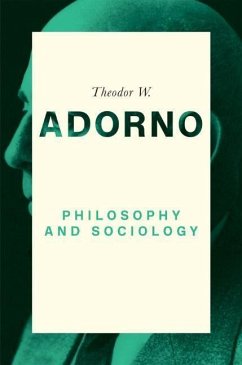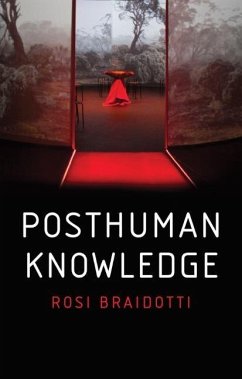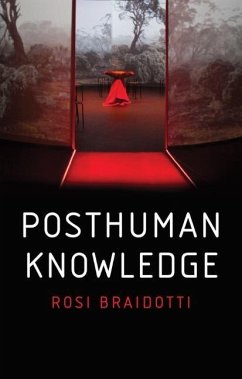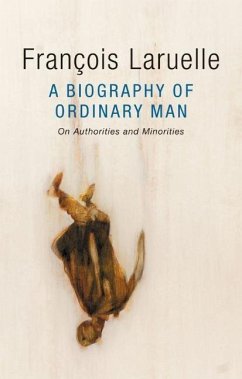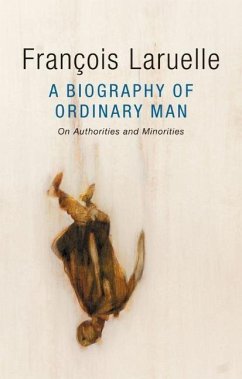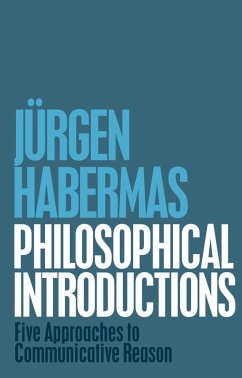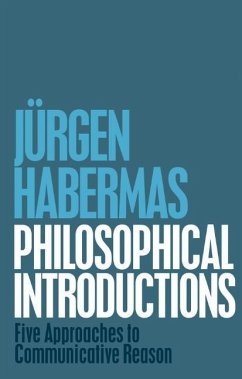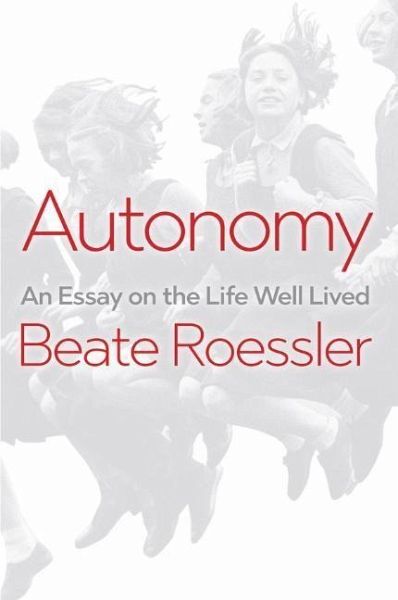
Autonomy
An Essay on the Life Well-Lived
Übersetzung: Wagner, James C.

PAYBACK Punkte
32 °P sammeln!
In everyday life, we generally assume that we can make our own decisions on matters which concern our own lives. We assume that a life followed only according to decisions taken by other people, against our will, cannot be a well-lived life - we assume, in other words, that we are and should be autonomous. However, it is equally true that many aspects of our lives are not chosen freely: this is true of social relations and commitments but also of all those situations we simply seem to stumble into, situations which just seem to happen to us. The possibility of both the success of an autonomous...
In everyday life, we generally assume that we can make our own decisions on matters which concern our own lives. We assume that a life followed only according to decisions taken by other people, against our will, cannot be a well-lived life - we assume, in other words, that we are and should be autonomous. However, it is equally true that many aspects of our lives are not chosen freely: this is true of social relations and commitments but also of all those situations we simply seem to stumble into, situations which just seem to happen to us. The possibility of both the success of an autonomous life and its failure are part of our everyday experiences. In this brilliant and illuminating book, Beate Roessler examines the tension between failing and succeeding to live an autonomous life and the obstacles we have to face when we try to live our life autonomously, obstacles within ourselves as well as those that stem from social and political conditions. She highlights the ambiguitieswe encounter, examines the roles of self-awareness and self-deception, explores the role of autonomy for the meaning of life, and maps out the social and political conditions necessary for autonomy. Informed by philosophical perspectives but also drawing on literary texts, such as those of Siri Hustvedt and Jane Austen, and diaries, including those of Franz Kafka and Sylvia Plath, Roessler develops a formidable defense of autonomy against excessive expectations and, above all, against overpowering skepticism.





